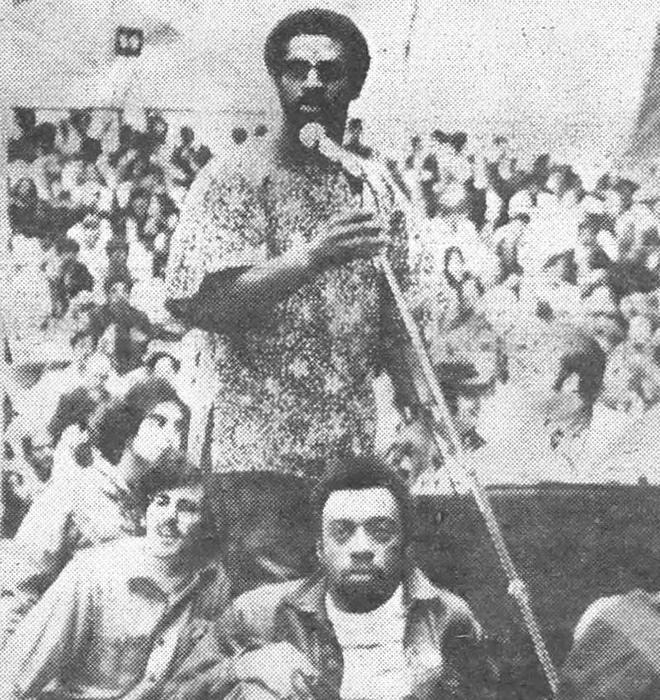
July 24, 1948 – July 2, 2020
Even as a student, Leonard “Len” Brown ’71 understood exactly where Princeton’s aim to be “in the nation’s service” should start: in the neighborhoods surrounding campus. In 1969, Brown and six other undergraduates moved off campus and into a building on Witherspoon Street. From that storefront, they launched Community House, offering tutoring, summer camps, mentoring, and other enrichment programs to underserved youth in the town of Princeton.
For more than 50 years, Community House has been a centerpiece of the University’s bond with the town in which it is located. But in the turbulent era in which it was created — with the nation roiled by protests against the Vietnam War and the University newly opened to women and Black students — the program turned sudden changes into genuine progress. Community House became a lifeline for students who otherwise might not have felt they fit on campus. And Brown, who died of complications from Parkinson’s disease, became the big brother who brought them together.
“He looked to bring people in who — for lack of a better word — looked lost,” says Dr. Eugene Wright Jr. ’73. “If you were walking around the campus looking lost, Len was the kind of guy who said, ‘Come talk to me.’”
Wright recalls that after arriving on campus, he began to wonder whether he belonged. Brown, an upperclassman, leader on the varsity football team, and popular DJ on WPRB, quickly intervened.
“Len sat me down, and he said, ‘You know, as much as you may think you don’t deserve to be here, I’m here to tell you that not only do you deserve to be here, but we need you here to be the role model for these kids in this community,’” says Wright. “That struck me and redefined what I wanted from Princeton. I decided I really needed to give more than I thought I was going to get back. That set a different view of what I thought my purpose would be going forward, not only at Princeton, but also at medical school and the things that I’ve done since then. It always should be about what can you do to help bring others along.”
After graduating from college, Brown — a native of Phoenix — attended law school at Southern University. He then practiced law in Arizona before taking a teaching position with the State University of New York system.
Community House, which is now part of the John H. Pace Jr. ’39 Center for Civic Engagement, continues Brown’s legacy of local outreach. His lessons and spirit shaped the lives of alumni who worked with him.
“One of the most interesting lessons that he taught me is that when you commit to doing hard work, you’re not always going to be successful,” says Juanita James ’74. “You have to learn to have enough backbone and resilience to keep going. Even when you’re disappointed sometimes in the outcome and you’re not having the impact that you want to have, you have to really take joy in those moments where you are making a difference.”
Journalist Kenneth Terrell ’93 is a writer and editor for AARP.






No responses yet